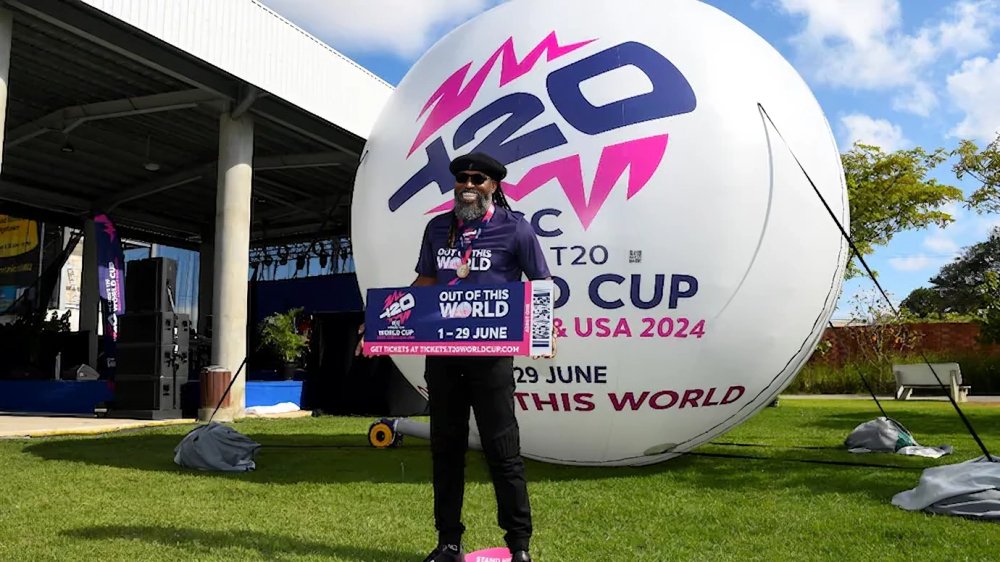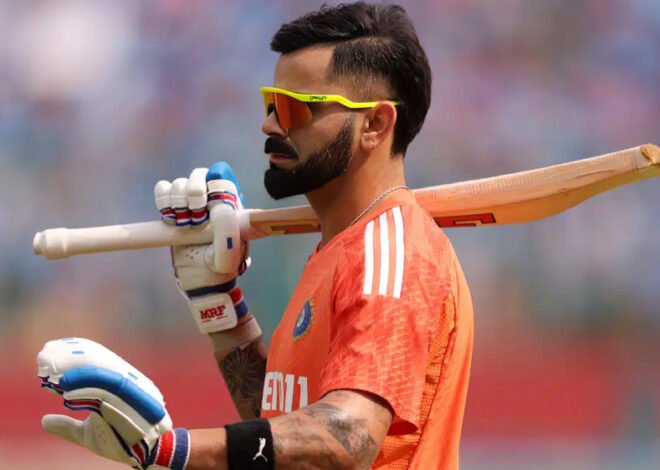
T20 World Cup 2024: ICC Unveils Reserve Days for Knockout Matches
The ICC Board additionally endorsed the capability cycle for the ICC Men’s T20 World Cup 2026.
The International Cricket Council (ICC) Board met in Dubai this week, and the future construction and setting of worldwide two-sided cricket were top of the agenda. Among the top choices taken was the presentation of stop-clock as a compulsory playing condition in white-ball cricket and hold days for knockout stages during the ICC T20 World Cup 2024. The Board and the CEOs’ Advisory Group both had broad conversations on the future design of the game, taking into account issues such as, for example, a more noteworthy setting for worldwide white-ball coordinates, the plausibility of planning windows, as well as the standards of the business courses of action supporting the FTP.
ICC Seat Greg Barclay said, as cited by the ICC, “The ICC Board and Advisory Group Gatherings are the most ideal gathering for us to examine the drawn-out eventual fate of the worldwide game, and at this arrangement of gatherings, we spent a few hours productively considering the construction of the worldwide cricket schedule.”
“While there are no simple responses, there is a promise to investigate how setting can be conveyed, and further choices will be considered at forthcoming gatherings,” he added.
The load-up likewise affirmed that the stop clock will turn into a super durable installation in all ODIs and T20Is. The playing conditions for the ICC Men’s T20 World Cup 2024 were likewise supported, similar to the capability interaction for the 2026 release of the occasion.
According to the stop clock decision that was tested in men’s white-ball cricket, the handling side is supposed to begin another once again within no less than 60 seconds of the past finished. An electronic clock, counting down from 60 to nothing, will be shown on the ground, with the onus on the third umpire to decide the beginning of the clock.
The disappointment of the handling side to be prepared to bowl the primary wad of their next over inside the specified 60 seconds of the past over being finished draws in two admonitions. Resulting breaks would prompt a five-run punishment per episode.
The consequences of the stop clock preliminary were introduced to the CEOs’ Board of Trustees, which exhibited that around 20 minutes for each ODI match had been saved in time.
Given the reasonable improvement to the progression of the game, the CEC endorsed that the stop clock be presented as a required playing condition in the entirety of men’s ODI and T20I matches between full individuals from June 1, 2024, including the ICC Men’s T20 World Cup 2024.
The ICC Men’s T20 World Cup will have hold days planned for the semi-finals and last, and in the gathering stage and Very Eight series, at least five overs must be bowled to the group batting second to comprise a game, while in the take-out stages, at least ten overs should be bowled.
The ICC Board likewise supported the capability interaction for the ICC Men’s T20 World Cup 2026. The occasion, which will be held in India and Sri Lanka, will see 12 programmed qualifiers.
These will incorporate the joint hosts alongside the main eight groups from the ICC Men’s T20 World Cup 2024, with the leftover spots (between 2-4 relying upon having completed situations) to be filled from the following most elevatedly positioned groups on the ICC Men’s T20I rankings table as of June 30, 2024. The excess of eight groups will be recognized through provincial qualifiers.


